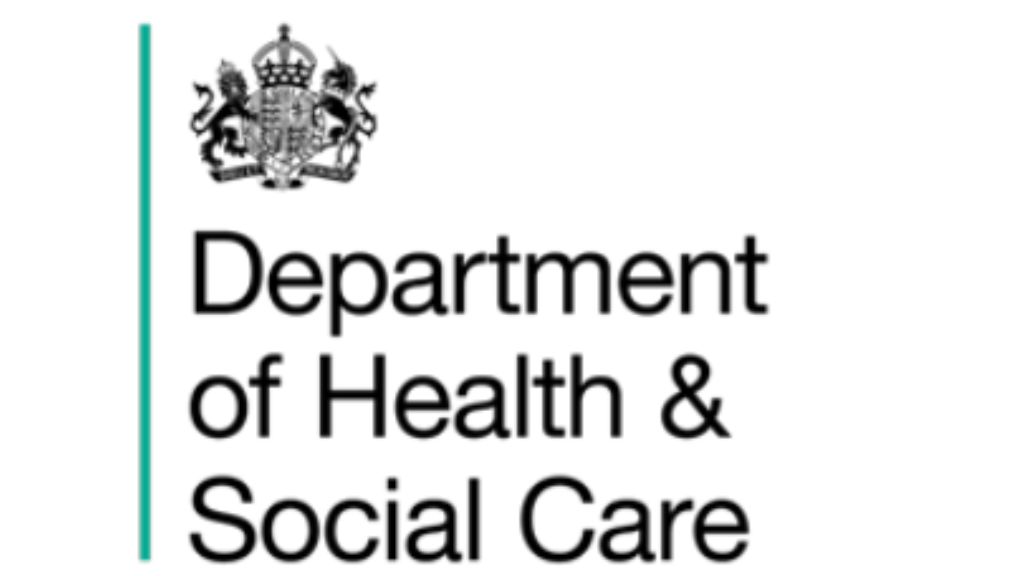Survey reveals care and support services pushed to the brink
The Association of Directors of Adult Social Services (ADASS) has completed its Spring Survey which has been sent to every director of adult social services in the 152 English councils of which 144 completed returns, a 95% response rate.
In 2021/22 87% of directors reported increased requests and referrals because of mental health issues and 67% because of domestic abuse safeguarding concerns. 73% of directors reported rising numbers of referrals and requests because of breakdown of unpaid carer arrangements.
Significant challenges facing the NHS are leading to increased requests for adult social care and support. 82% of directors reported increased referrals and activity for people who are being discharged from hospital, 51% because of the unavailability of community support, and 46% reported increased activity because someone could not be admitted to hospital.
Increased complexity of need is driving an increase in the size of care packages in 83% of council areas. 17% of councils have seen a significant increase, with 66% of directors reporting an increase. ADASS stated that calculations for demography that don’t take this into account will underestimate need.
The survey concludes that there is scope for a much greater focus and investment in reablement, crisis response and other intermediate care. 72% of respondents reported that over 50% of residential reablement services enable people to return home. For reablement services at home, 60% of respondents reported that over 50% of the services reduce the level of long-term need.
There continues to be concern about the position and experiences of unpaid carers. 49% of directors are not confident that unpaid carers will be able to cope financially with the cost-of-living crisis and 75% believe that this will result in increased need for social care.
The proportion of council budgets spent on adult social care was 37.2% of their overall budget. Directors of adult social services are expected to deliver £597 million in savings to their budgets for this year (2022/23), that’s 3.5% of their total adult social care budgets. Cumulatively this means that they have been required to find £1.8 billion in savings over the past three years. However, only 25% of directors are fully confident they can deliver the expected savings this year and 6% report they have no confidence.
ADASS stated that the next 12 months were always going to be challenging, but existing concerns are being compounded by unprecedented external cost pressures, with inflation, currently running at 9% and predicted to reach 11% by the end of the year, creating an even bigger hole in council finances.
Directors report a range of rising cost pressures, with 91% of citing workforce recruitment and retention as a major driver of costs in care at home, and 85% for residential and nursing care. Other pay pressures such as pay uplifts and recruitment difficulties are cited by 76% of directors as driving up costs in care at home and 68% in residential and nursing care. 59% of directors cite lower than expected occupancy levels as a major driver of costs for residential and nursing care.
A diminishing number of directors are confident that they have the budget needed to meet all their legal responsibilities. Just 12% are confident that they have the resources to deliver on all of their responsibilities this year, and just 3% next year. Last year, finances were complex with several short-term grants (including for infection control, workforce, and hospital discharge) Some of these grants were late to be announced, which made it difficult to utilise them fully and effectively. A total of 54% of directors overspent on their adult social care budgets last year, with a strong reliance on drawing on reserves and increased use of the precept.
Market instability remains a major concern for directors with 67% reporting that providers in their area had closed, ceased trading, or handed back local authority contracts. ADASS said this is a significantly worse picture than last year and prior to the pandemic. This is also reflected in the fact that 64% of directors report being concerned about their legal responsibilities in relation to market stability. This figure increases to 82% for 2023/24.
Directors are also concerned about the level of quality and choice in their local care market. A total of 65% reported that quality and choice had reduced compared to the pre-pandemic period, with 7% of those reporting a significant decrease.
While this varies across the country, directors said that an average starting pay rate of £12.77 per hour would be required to minimise local recruitment and retention challenges. This is £3.27 more than the current national living wage rate of £9.50 and is comparable to the case ADASS has been making for an Adult Social Care Living Wage to be equivalent to the mid-point of NHS Band 3 for healthcare assistants.
Responding to the survey Dr Rhidian Hughes, chief executive of the Voluntary Organisations Disability Group, said: “The ADASS Spring Survey confirms what we have been telling government for some time – that the current funding for care and support services is pushing people’s social care services to the brink. Increasing levels of unmet need, mounting workforce pressures, and a failure by government to provide sufficient financial resources all contribute to the bleak picture painted by directors of adult social care services today.
“Chief executives of disability charities are telling me that the soaring financial costs of provision are not being matched by funding local authorities. This is all having a direct impact on services, and it is the people who draw on, or who are in need of social care, whose lives will be disproportionately affected.
“The recommendations thoughtfully laid out by ADASS are all achievable and are backed by the Voluntary Organisations Disability Group. Today, central government can choose to make a difference to the lives of people who draw on social care and adopt these recommendations.
“As ADASS has highlighted, the next 12 months were always going to be challenging given wider unprecedented external cost pressures. Urgent attention to these recommendations is, therefore, required immediately. We need the forthcoming leadership of government, through the role of a new prime minister and Cabinet, to grasp social care and put our essential services on a sustainable footing.”




